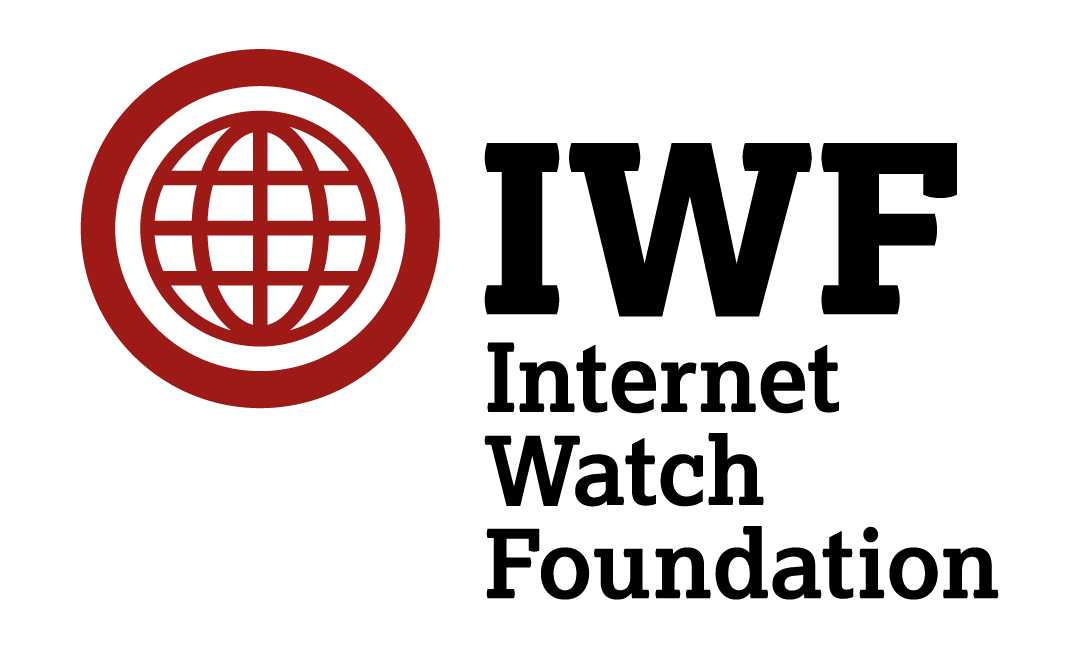Twitter experimenting with ‘Flocks’ Feature
- Twitter is developing a new feature of their platform, entitled ‘Flocks’, that would allow you to share tweets with a specific group of chosen contacts.
- ‘Flocks’ will enable you to choose up to 150 people to include and only people you select will be able to view and reply to your Tweets.
- To learn more about Twitter, use our safety card.
- Full story, here.
Meta developing an ‘ethical framework’ for the use of virtual influencers
- Following the rise of digital avatars that have evolved into social media influencers, online platforms now have an obligation to clearly define what is real and what is not.
- Some examples of virtual influencers (VIs) are Shudu and Lil’Miquela.
- The growing concerns around the evolution of digital influencers include body image perception, deepfakes, unclear representation and lack of human connection in the digital space.
- Meta has stated that their platforms are home to more than 200 VIs and are looking to establish clearer boundaries and transparency with developers.
- Full story, here.
Online Safety Bill: Illegal and harmful content could evade new safety legislation, MPs warn
- The Digital, Culture, Media and Sport Committee (DCMS), which is scrutinising the government’s draft Online Safety Bill, says the legislation is neither clear nor robust enough to tackle some forms of harmful content.
- The Committee has called on the government to address types of content such as ‘breadcrumbing’, tech-enabled ‘nudifying’ and deepfake child sexual abuse material.
- The DCMS have also recommended that the definitions of harm are made compatible with international human rights law, alongside providing clarity on plans to provide Ofcom as regulator.
- A revised piece of legislation is expected in the months ahead.
- Full story, here.
National Crime Agency says end-to-end encryption poses challenge for law enforcers on child abuse
- Child safety campaigners have stated that encryption plans would prevent law enforcement from seeing messages by ensuring that only the sender and recipient can view their content.
- The National Crime Agency (NCA) has said that end-to-end encryption risks ‘turning the lights out’ for law enforcers trying to prevent child abuse.
- According to the NCA, referrals from social media companies led to 500 arrests and safeguarded 650 children every month in the UK.
- This follows plans by Meta to introduce end-to-end encryption on Facebook Messenger and Instagram apps next year.
- Full story, here.
MPs criticise UK gambling regulator for trying to reduce addiction
MPs criticise UK gambling regulator for trying to reduce addiction
- An all-party parliamentary group (APPG) has produced a report criticising the gambling industry regulator for trying to reduce addiction and gambling-related harms.
- The draft report accuses the regulator of a ‘bullying attitude that has caused mental harm’ within the industry, after a tougher stance was taken amid rising concern about gambling addiction.
- The APPG argues this stance is ‘too harsh’ and risks the destruction of the industry, leading to growth in black market gambling.
- Previous reports by the Public Accounts Committee and the National Audit Office concluded that the regulator was not tough enough.
- The Gambling Commission previously reported that 1.7% of 11-16-year-olds were classified as ‘problem’ gamblers.
- To learn more about gaming and gambling check out our article here.
- Full story, here.
Reports of sexual assault on Northern Ireland girls rise by almost 60%
- New figures released by the PSNI show reports of sexual assault on girls aged 13 and over have risen by 58.8% in the last year, with 791 incidents reported to the police.
- Other figures also include 211 reports of child sex abuse where the child was under 16, and 189 reports where the child was under 13.
- Last year, the PSNI launched a campaign to raise awareness of child sexual exploitation and to educate the public on how to spot the signs.
- A vulnerability working group has been established across the PSNI to ‘generate and manage preventative actions regarding children and other vulnerable groups.’
- Full story, here.




